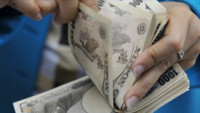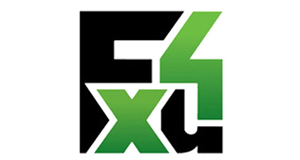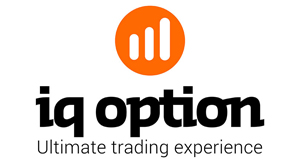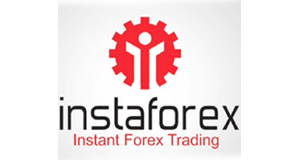 Although a more overt statement of intent would have been preferred, European markets responded positively when Mario Draghi hinted at more stimulus to come later. Stocks popped, yields dropped and the euro fell as markets took the message that QE will be extended in December. UK stocks, which don’t directly benefit from ECB policy were less enthused.
Although a more overt statement of intent would have been preferred, European markets responded positively when Mario Draghi hinted at more stimulus to come later. Stocks popped, yields dropped and the euro fell as markets took the message that QE will be extended in December. UK stocks, which don’t directly benefit from ECB policy were less enthused.
A slide in the price of oil saw US markets come unstuck as investors digested corporate earnings. The Dow Jones and S&P 500 remain roughly inside the price range of the sharp drop on September 9th. The fall in US markets has fed through to what ’s setting up to be a weaker open in Europe.
Traders are celebrating the two-week anniversary of the flash crash in the pound with caution on Friday. Put together with the splurge in July, the last two months of flat retail sales meant Q3 was the best since Q4 of 2014. Unfortunately for UK savers, more evidence of a resilient UK economy might not be enough to dissuade the Bank of England from more monetary stimulus this year.
In a way, by criticising monetary policy, UK PM Theresa May has thrown down the gauntlet to BOE governor Mark Carney. If the Bank of England doesn’t cut rates as economists expect in November, markets will question the central bank’s independence.
ECB President Mario Draghi confidently told journalists on Thursday that he was not feeling threatened by governments -and that central Banks will remain independent. The reaffirmation of central bank independence as well as slapping down the ‘tapering talk’ helped the euro on its way to four month lows versus the dollar.
There was a brief pop in the single currency when Mr Draghi said members didn’t discuss extending the QE program, which ends in March. Instead the governing council will review work from its committee regarding quantitative easing in December.
Eurozone inflation near a two-year high and the bond market sell-off, which makes more bonds available for the ECB to buy meant Draghi and co. could afford to wait to extend QE until the release of staff projections in December.
The move higher in bond yields in the last month, in part reflects a belief that inflation may be about to return after a long absence. If the ECB is about to reach its inflation target, it wouldn’t need to extend QE. This belief doesn’t appear to be shared by the ECB. Mario Draghi said there is “no signs of a convincing upward trend in core inflation” and the statement described the Eurozone economy as resilient but exposed to downside risks.
Data on Friday is expected to show UK Public sector net borrowing came in at £8.2bn in September from £10.05bn.













